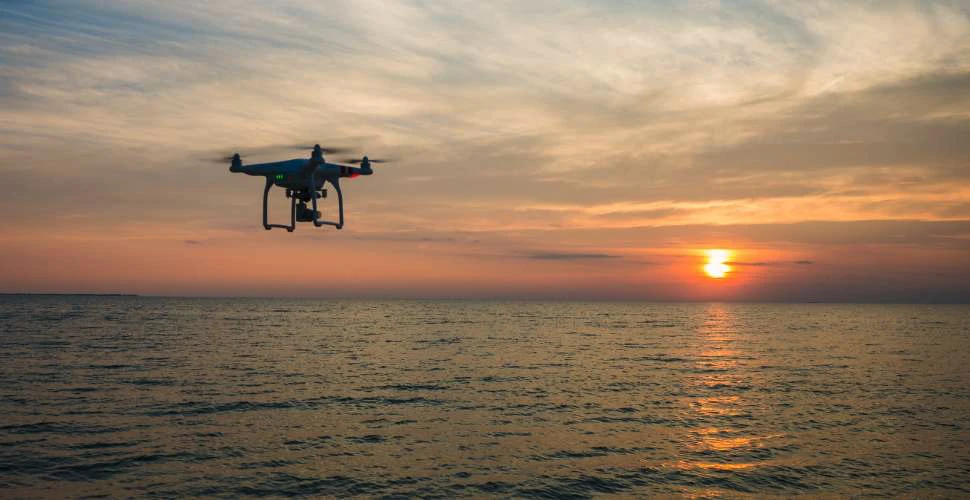“About half an hour after we left… we heard a drone over our head… Two hours later… a boat appeared: it was the Libyans,” Abu Laila* told Human Rights Watch and Border Forensics.
His story resonates with the broader evidence shared by the organizations this week in a multimedia research feature with a clear conclusion: the E.U.’s border agency, Frontex, is using aerial surveillance to facilitate returns to Libya, where people on the move face systematic abuse, often amounting to modern slavery.
By alerting the Libyan Coast Guard to the location of migrant boats, Frontex is complicit in the abuse people suffer on return to Libya.
Correlation between Libyan interceptions and Frontex surveillance
The new interactive web feature “Airborne Complicity: Frontex Aerial Surveillance Enables Abuse” draws on data analysis and research testimony to document Frontex’s role in facilitating the interception of small boats by Libyan authorities.
Frontex charters aircraft, including several planes and a drone, that transmit video and other data to a center in Warsaw, Poland, where the agency has its headquarters. From Warsaw, Frontex makes decisions about when and who to alert to small boats in the area.
The agency claims that their surveillance system saves people from drowning. However, the research shows how Frontex prioritizes interceptions by Libyan forces over rescue by NGO boats or civilian ships operating in the area.
Judith Sunderland, associate Europe and Central Asia director at Human Rights Watch, explains:
By alerting Libyan authorities about boats carrying migrants, knowing those migrants will be returned to atrocious treatment, and despite having other options, Frontex is complicit in the abuse. Frontex’s rhetoric around saving lives remains tragically empty as long as the border agency doesn’t use the technology and information at its disposal to ensure that people are rescued promptly and can disembark at safe ports.
The data suggests that Frontex’s strategy is designed to prevent people from reaching the E.U. rather than to protect them from drowning and other harm. Indeed, statistics show that the agency’s aerial surveillance is not impacting the death rate.
On the other hand, there is proof that on days when the agency is conducting surveillance for longer, Libyan forces tend to intercept more boats.
Human rights obligations are being ignored
Frontex highlights its legal obligation to alert coastal authorities when it detects boats in distress. However, the agency should not put this obligation above the many others laid out in international human rights law, including the prohibition of refoulement to the threat of torture and persecution.
Vast amounts of evidence show that people who are intercepted and returned to Libya are likely to end up in so-called detention centers where they are at risk of forced labor, torture, extortion and other forms of abuse. Frontex proceeds with its current strategy despite this evidence.
Urgent action is needed
If the E.U. is serious about its commitments to upholding human rights, it must immediately review its current migration policy. Safe routes are essential to protect people from exploitation and death on dangerous migration journeys, and the bloc must prioritize human life above blocking new arrivals.
Member States should use their own sea vessels to rescue boats in distress and stop blocking NGO ships from carrying out search and rescue activities. Surveillance aircraft should stay on site to oversee and document rescue operations.
Many activists and organizations have been calling on the E.U. and Frontex to end their complicity in this abuse, but we need more voices. Join us today – sign the petition.
*This name has been changed.







Freedom United is interested in hearing from our community and welcomes relevant, informed comments, advice, and insights that advance the conversation around our campaigns and advocacy. We value inclusivity and respect within our community. To be approved, your comments should be civil.